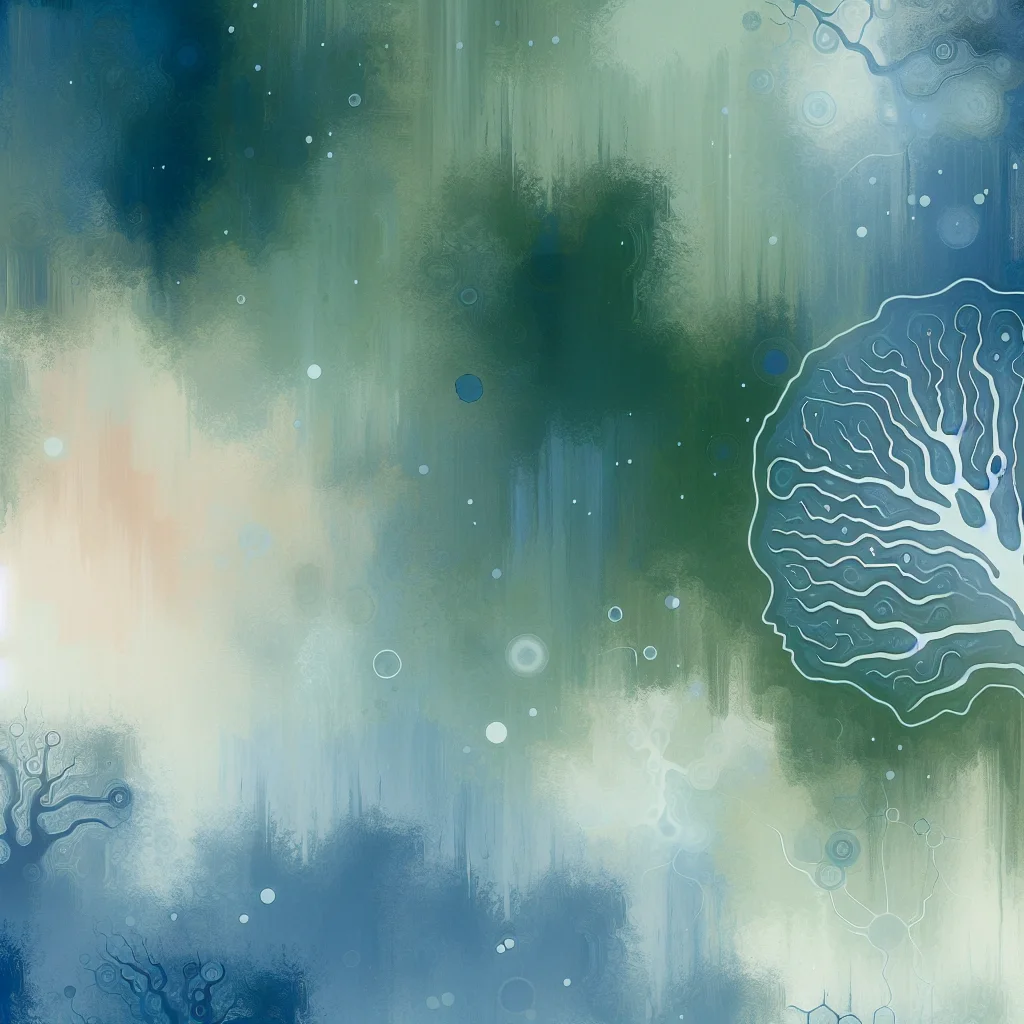Cerebral Astrocytoma
Cerebral astrocytoma is a type of brain tumor that originates from astrocytes, which are star-shaped cells that support and nourish the nerve cells in the brain. These tumors can occur in both children and adults and are classified into four grades based on their aggressiveness and growth patterns.
Epidemiology
Cerebral astrocytoma accounts for approximately 75% of all brain tumors in children and about 50% in adults. It is more commonly diagnosed in males than females, and the incidence tends to increase with age. While the exact cause of cerebral astrocytoma is unknown, certain genetic disorders, exposure to radiation, and family history of brain tumors may increase the risk.
Diagnosis
Diagnosing cerebral astrocytoma involves a comprehensive evaluation of the patient's medical history, physical examination, and imaging tests. Magnetic resonance imaging (MRI) is the preferred imaging modality, providing detailed images of the brain to identify the location, size, and characteristics of the tumor. Additionally, a biopsy may be performed to confirm the diagnosis and determine the tumor grade.
Treatment
The treatment approach for cerebral astrocytoma depends on several factors, including the tumor grade, location, and the patient's overall health. The main treatment modalities include surgery, radiation therapy, and chemotherapy.
- Surgery: Surgery aims to remove as much of the tumor as possible without causing damage to critical brain structures. In some cases, complete resection may not be feasible due to the tumor's location or involvement with important brain regions.
- Radiation therapy: Radiation therapy uses high-energy beams of radiation to target and destroy cancer cells. This treatment may be recommended after surgery to kill any remaining tumor cells or as the primary treatment for tumors that cannot be surgically removed.
- Chemotherapy: Chemotherapy involves the use of drugs that kill cancer cells or prevent their growth. It is often used in combination with surgery and radiation therapy for cerebral astrocytoma, particularly in cases where the tumor is aggressive or has spread to other parts of the brain.
Current Treatment Options
There are several drugs currently used to treat cerebral astrocytoma, each targeting different aspects of tumor growth and progression. Some of the important drugs in the current treatment arsenal include:
- Temozolomide: Temozolomide is an oral chemotherapy drug that is often used in combination with radiation therapy for the treatment of astrocytoma. It works by damaging the DNA of cancer cells, inhibiting their ability to grow and divide.
- Bevacizumab: Bevacizumab is a monoclonal antibody that targets a protein called vascular endothelial growth factor (VEGF). By blocking VEGF, it inhibits the formation of new blood vessels that supply nutrients to the tumor, thereby slowing down its growth.
- Carboplatin: Carboplatin is a chemotherapy drug that interferes with the DNA inside cancer cells, preventing them from dividing and multiplying. It is commonly used in combination with other drugs in the treatment of cerebral astrocytoma.
Promising Future Drugs
Researchers are continuously exploring new potential therapies for cerebral astrocytoma through late-stage clinical trials. Some of the promising drugs currently being investigated include:
- Lomustine: Lomustine, also known as CCNU, is an oral chemotherapy drug that is being evaluated in clinical trials for the treatment of cerebral astrocytoma. It works by interfering with the DNA in cancer cells, preventing their replication and growth.
- Pembrolizumab: Pembrolizumab is an immune checkpoint inhibitor that has shown promising results in the treatment of other types of cancer. It works by blocking a protein called PD-1, allowing the immune system to recognize and attack cancer cells. Clinical trials are currently underway to assess its efficacy in cerebral astrocytoma.
In conclusion, cerebral astrocytoma is a type of brain tumor that requires a multidisciplinary approach for effective treatment. Current treatment options include surgery, radiation therapy, and chemotherapy, with drugs like temozolomide, bevacizumab, and carboplatin being commonly used. Ongoing clinical trials offer hope for the development of new and more effective therapies, such as lomustine and pembrolizumab. It is important for individuals diagnosed with cerebral astrocytoma to work closely with their healthcare team to determine the most suitable treatment plan based on their specific circumstances.
